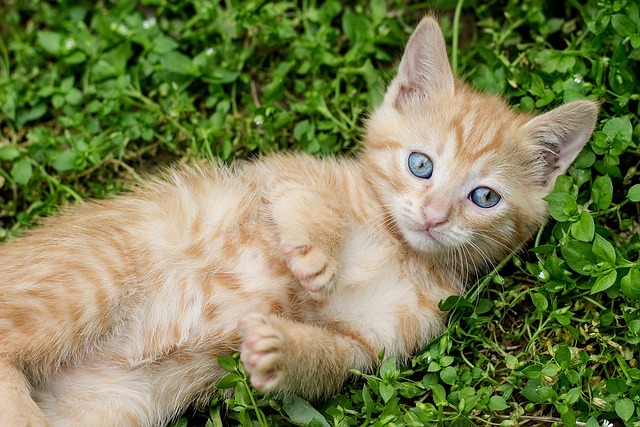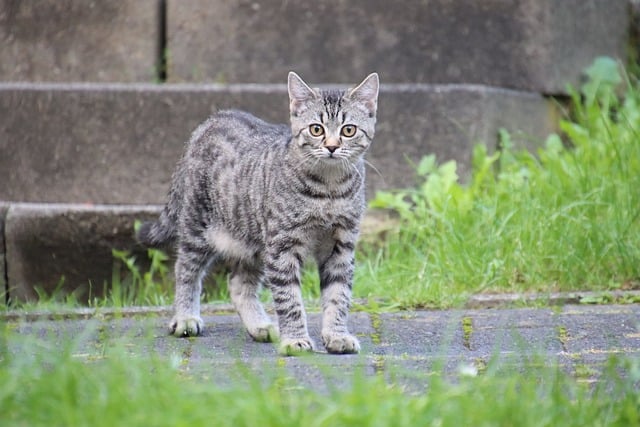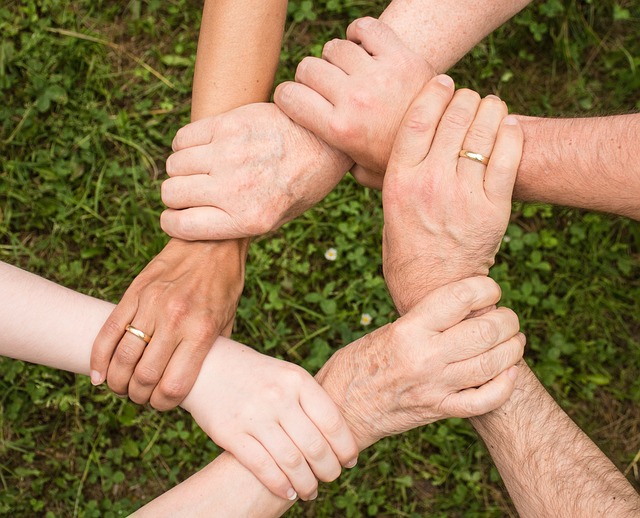
The Importance of Socialization for Cats
Socialization is a critical process that can significantly impact the lives of cats, especially those that are feral or have experienced trauma. This article explores how socialization can save lives by enabling these animals to adapt to human environments, ultimately leading to successful adoptions and happier lives.
What is Socialization?
Socialization refers to the process of exposing animals, particularly cats, to various stimuli, environments, and people in a controlled manner. For feral cats, this process is essential as it helps them learn to trust humans and become comfortable in domestic settings.
Why Socialization Matters
Many cats end up in shelters due to behavioral issues stemming from a lack of socialization. These issues can include fear of humans, aggression, or withdrawal. By socializing cats, rescuers and fosterers can help them overcome these challenges, making them more adoptable and improving their chances of finding a forever home.
Steps to Socialize a Cat
Socializing a cat requires patience and understanding. Here are some steps to consider:
- Assess the Cat's Behavior: Observe the cat's reactions to different stimuli. Understanding their comfort levels is essential for effective socialization.
- Create a Safe Space: Provide a quiet, comfortable area where the cat can feel secure. This space should be free from loud noises and sudden movements.
- Use Positive Reinforcement: Encourage positive interactions with treats, toys, and gentle petting. This helps build trust and encourages the cat to engage.
- Gradually Introduce New Experiences: Slowly expose the cat to various sounds, people, and environments. This gradual exposure helps reduce fear and anxiety.
- Be Patient: Socialization can take time. Each cat is unique, and some may require more time than others to adjust.
Success Stories
Many cats have successfully transitioned from feral to loving companions through socialization efforts. Rescuers often report that cats can acclimate to new homes within 1 to 4 weeks after completing a socialization program. These transformations not only benefit the cats but also bring joy to their new families.
Post-Adoption Support
Once a cat is adopted, ongoing support is crucial. New owners should continue to provide a stable environment and be patient as the cat adjusts to their new home. Regular interaction and positive reinforcement can help solidify the bond between the cat and its new family.
Conclusion
Socialization is a vital process that can change the lives of cats, particularly those who have faced challenges in their past. By investing time and effort into socializing these animals, rescuers, fosterers, and adopters can ensure that they find loving homes and lead fulfilling lives. The impact of socialization extends beyond individual cats; it fosters a more compassionate society that values the well-being of all animals.

















 Why You Need a Pet Safety Gate for Your Front Door
Why You Need a Pet Safety Gate for Your Front Door 
 Health
Health  Fitness
Fitness  Lifestyle
Lifestyle  Tech
Tech  Travel
Travel  Food
Food  Education
Education  Parenting
Parenting  Career & Work
Career & Work  Hobbies
Hobbies  Wellness
Wellness  Beauty
Beauty  Cars
Cars  Art
Art  Science
Science  Culture
Culture  Books
Books  Music
Music  Movies
Movies  Gaming
Gaming  Sports
Sports  Nature
Nature  Home & Garden
Home & Garden  Business & Finance
Business & Finance  Relationships
Relationships  Pets
Pets  Shopping
Shopping  Mindset & Inspiration
Mindset & Inspiration  Environment
Environment  Gadgets
Gadgets  Politics
Politics 